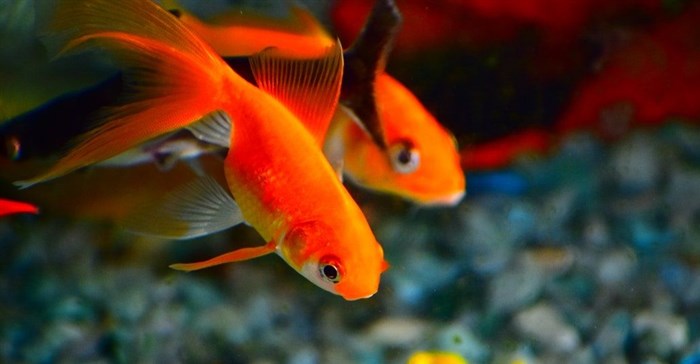Top stories




Marketing & MediaHow Spar is using localised marketing to redefine the urban retail experience
Karabo Ledwaba 1 day


More news





ESG & Sustainability
How South Africa’s conservation efforts can thrive with Indian partnership










Where attention goes, value flows. The articles we choose to read, the websites we view, the links we click on, the advertisements we respond to, and even the emails we read.
Attention is earned, valued, and spent. In short, attention is the real currency at work in our internet age.
The 2018 State of Attention Report released from UK presentation platform Prezi, looks at how practices such as multitasking impact people’s ability to retain information and what marketers can do to create more engaging material.
The study has revealed a number of key findings that will help marketers boost their ability to cut through distractions and engage with modern audiences.
According to the survey, respondents felt their ability to maintain focus has actually improved over time, despite an ever-growing mountain of available content. This demonstrates that the attention of business professionals can be captured for long periods of time with compelling content that includes great stories and interesting, gripping visuals.
More than two thousand business professionals across the UK participated in the study, conducted by Censuswide. Key findings include:
1. Respondents reported that they have increased attention spans, but have become more selective in the content they choose to consume:
2. The key to engaging content is a compelling story and visuals :
Attention is critical. Without the ability to narrow our focus, we can’t be expected to learn new things, to retain information, or to do our jobs to the best of our ability. And, as content creators, not being able to engage people means nobody is going to truly hear what it is that we’re trying to say. If we as business folk hope to maintain and grow our successes, creating content that reflects the way people consume information is absolutely crucial.
Our attention spans being shorter than a goldfish’s is a grossly inaccurate rumour. These days it’s common to binge-watch a series for six or more hours, so there’s no reason you shouldn’t be able to pay attention to an ad. You just need to couple your content with a compelling story and great visuals. Attention spans aren’t shrinking — they’re simply evolving, and the time to cater to new preferences isn’t tomorrow; it’s now.
While psychologists and neuroscientists continue to work on understanding our brains better, there is a lot of evidence to show that we’re naturally curious and easily distracted.
The Distracted Mind, an award-winning book written by Adam Gazzaley and Larry D. Rosen, a cognitive neuroscientist and a psychologist respectively — do a great job of explaining why our brains aren’t built for multitasking.
According to them, the human brain is limited in its ability to pay attention and we don’t really multitask but rather switch rapidly between tasks.
Unsurprisingly, it is easy to blame technology for our short attention spans, dwindling or otherwise. At first, we blamed cellular phones for distractions, then the internet boom, and later social media became our brains’ nemesis.
In The Distracted Mind, Adam Gazzaley and Larry D. Rosen share a few words of wisdom about technology and its impact on human cognitive ability:
We have come to believe that the human brain is a master navigator of the river of information that rages steadily all around us. And yet we often feel challenged when trying to fulfil even fairly simple goals. This is the result of interference — both distraction from irrelevant information and interruptions by our attempts to simultaneously pursue multiple goals.
Many of you may now be glancing accusingly on your mobile phone. But before we place any blame on this potential culprit, it is critical to understand that our sensitivity to interference was not born out of technology. Rather, it is a fundamental vulnerability of our brain. Our brains are designed to always be seeking new information.
In fact, the same system in your grey matter that keeps you on the lookout for food and water actually rewards you for discovering novel information. Our brains are constantly on the lookout for information — relevant, irrelevant and everything in between.
Top tips to improve our focus :